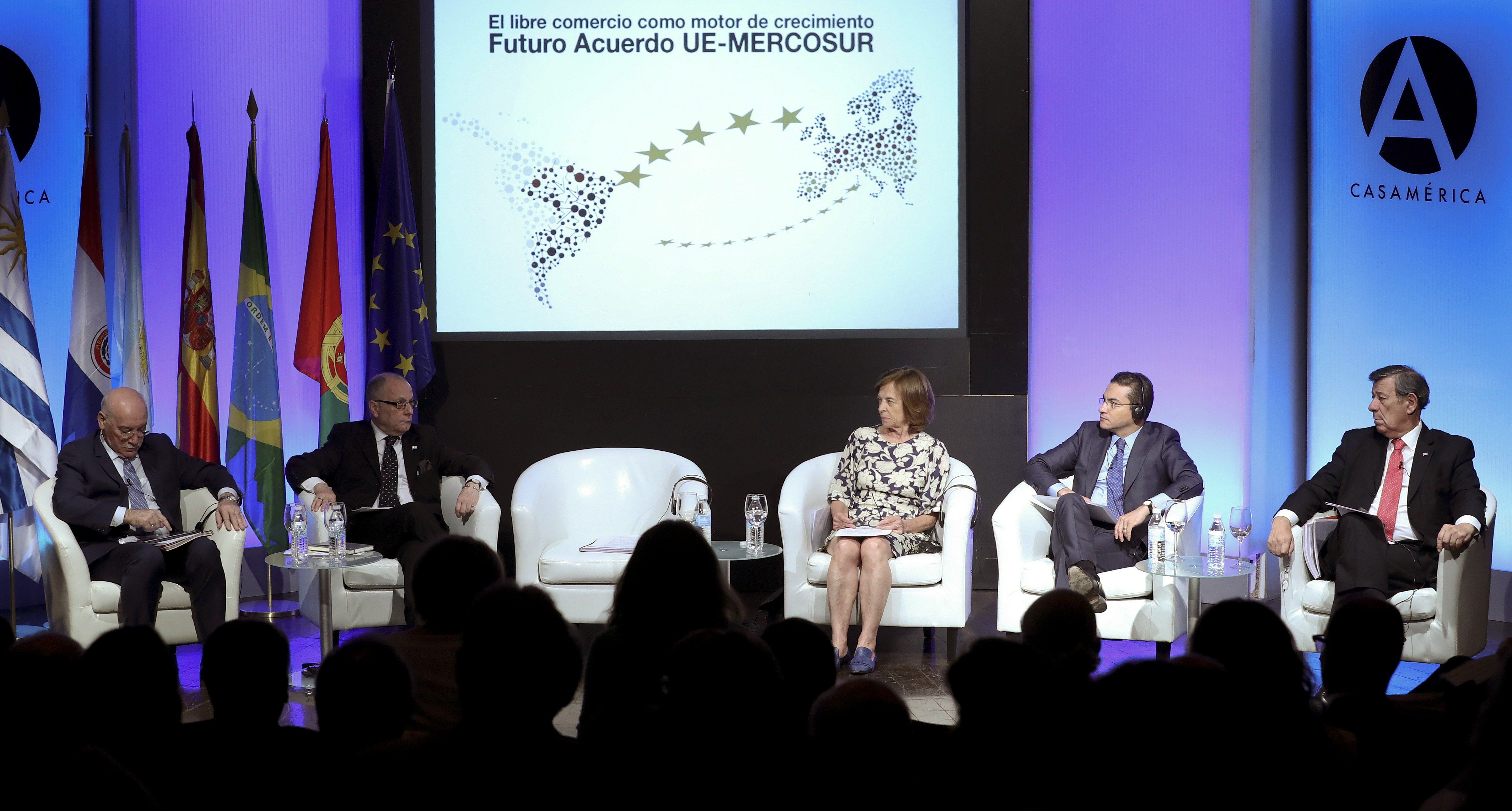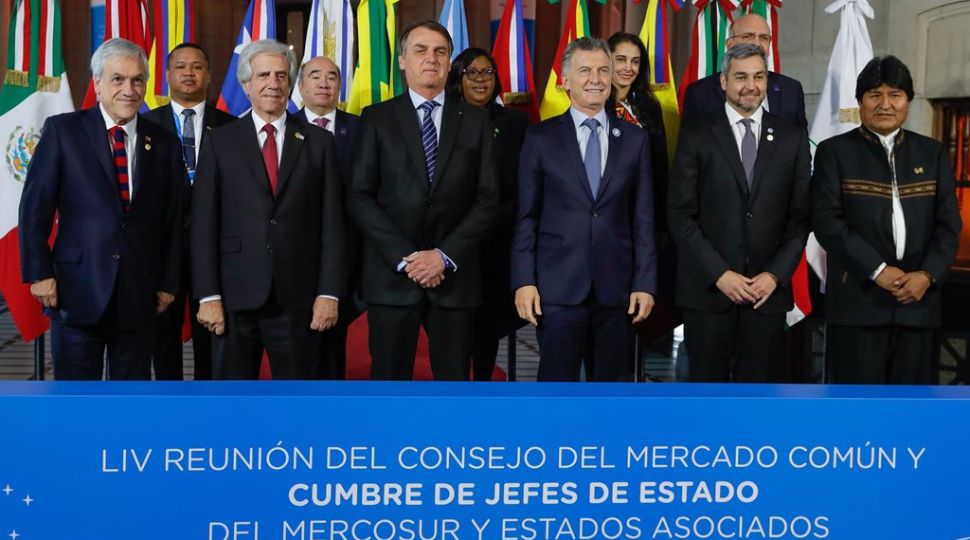The EU-Mercosur Trade Agreement

What are the main provisions?
The EU and Mercosur have agreed to abolish most trade barriers. On the most sensitive issues (access to agri-food and industrial goods sectors) they will apply quotas and transitional periods. For example, the EU will accept limited non-tariff imports on sugar, meat, and ethanol. Mercosur will have 10 or 15 years to abolish restrictions, for example, on vehicles and car parts. Both blocs have agreed to protect products with geographical indication and to allow access to the public procurement and service markets. They have committed to implement the Paris agreement on climate change and follow sustainable development principles. They also adopted rules to enforce food-safety standards. The document will come into force in 2021 at the earliest, once successfully ratified by both regional blocs.
What is the significance of the deal?
The agreement opens the way for an area of preferential trade with more than 780 million consumers. It provides a stronger base for EU economic and political cooperation, not only with Mercosur but also with Latin American partners in general. The EU may become more competitive in the region, especially with China, which has been consequently expanding economic engagement there (for Mercosur, China is the top trading partner). The Union also has strengthened its status as the main promoter of free trade. For Mercosur, the agreement is an important incentive to develop and modernise national markets as well as to revive economic integration and to accelerate reform of the organisation. Mercosur’s accord with the EU may improve the bloc’s attractiveness in its economic talks with other commercial partners.
What helped conclude the negotiations?
The talks lasted, with interruptions, since 2000. The key to the agreement was to break the resistance of France, supported by Belgium, Ireland, and Poland, which had long feared that the agreement would harm their domestic agriculture sectors. The French government also had threatened to veto the trade deal if Brazil’s president, Jair Bolsonaro, fulfilled his pledge to withdraw from the Paris Agreement—Brazil instead confirmed its participation. Efforts made by Spain, supported by the Netherlands and Germany, very much contributed to reaching the deal—they argued that the overall benefits of the agreement should be considered. The European Commission also pushed for the deal to score a success before the end of its term. The agreement was made possible also thanks to softening positions by the pro-market governments of the largest Mercosur countries—Argentina and Brazil.
What effects will the agreement have on Poland?
The EU-Mercosur agreement will expand opportunities for Polish companies to engage in the Argentine and Brazilian markets in particular. However, they will have to compete with the major EU countries already strongly present in Mercosur (e.g., Spain, France, and Germany). While the Polish authorities have not rejected the agreement, they maintain their concerns regarding the deal’s provisions that affect the national agri-food sector. Beef and poultry producers especially are worried about the disproportionate competition, fearing an influx of cheaper products from Mercosur. This resistance is likely to rise and could cause delays in the accord’s ratification process in Poland. It is advisable that preparation of the document’s entry into force include an impact assessment and identification of available means to mitigate the negative consequences of the deal.



